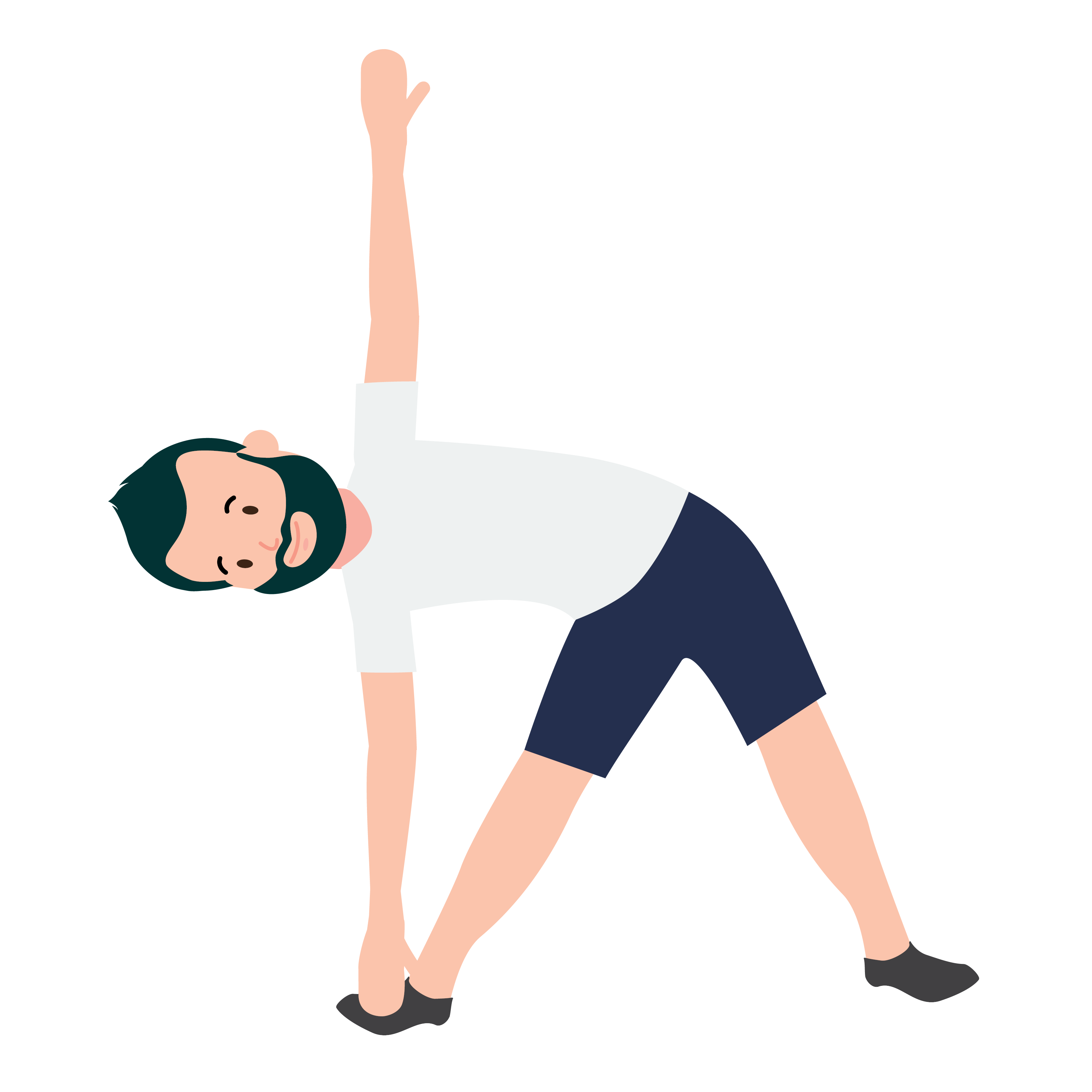
Physical activity has significant benefits to both our mental and physical health at any age. In children and young people, physical activity is linked to many factors that promote better mental health, including improved sleep, higher self-esteem and self-confidence, reduced anxiety and lower depression.
Becoming more active while spending time with others can also help us build social networks, reducing isolation and loneliness. You could:
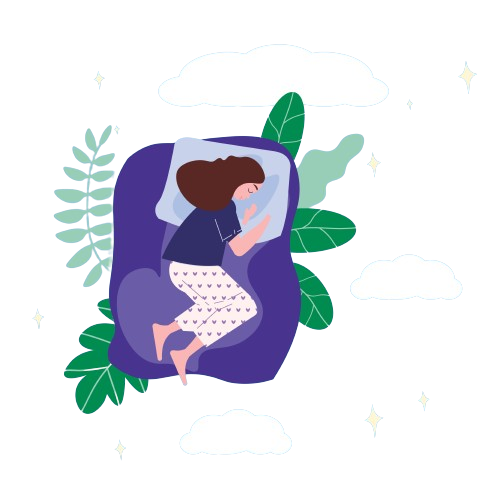
From time to time, everyone has problems getting to sleep, waking in the night or very early in the morning. However, getting enough sleep is crucial to protect both our physical and mental wellbeing. Not getting enough sleep affects our abilities to problem solve, make decisions and our overall mood.
There are many things we can do to promote better sleep, including physical activity, cutting back on caffeine and alcohol and keeping regular sleeping hours. For more advice see: Sleep problems - Every Mind Matters.
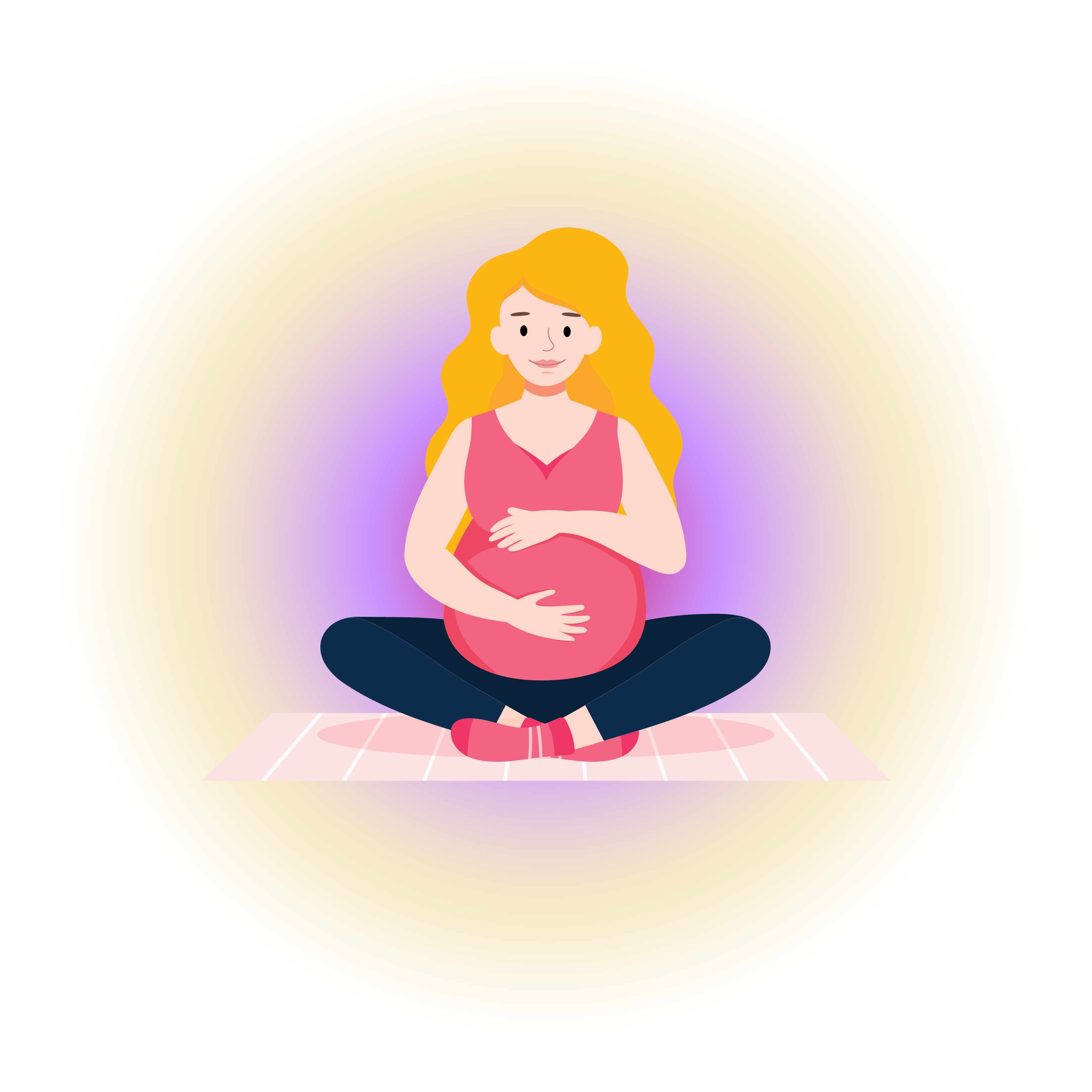
As many as 1 in 5 women experience mental health problems when they are pregnant or in the first year after they have had their baby. For some these problems are new, while for others they represent a continuation or worsening of existing mental health issues. It is important that mental health issues are recognised and supported early on. Speak to your GP, midwife or health visitor to discuss the type of support could receive. Mind also have some useful information on the types of specialist services that could support you during or after your pregnancy.
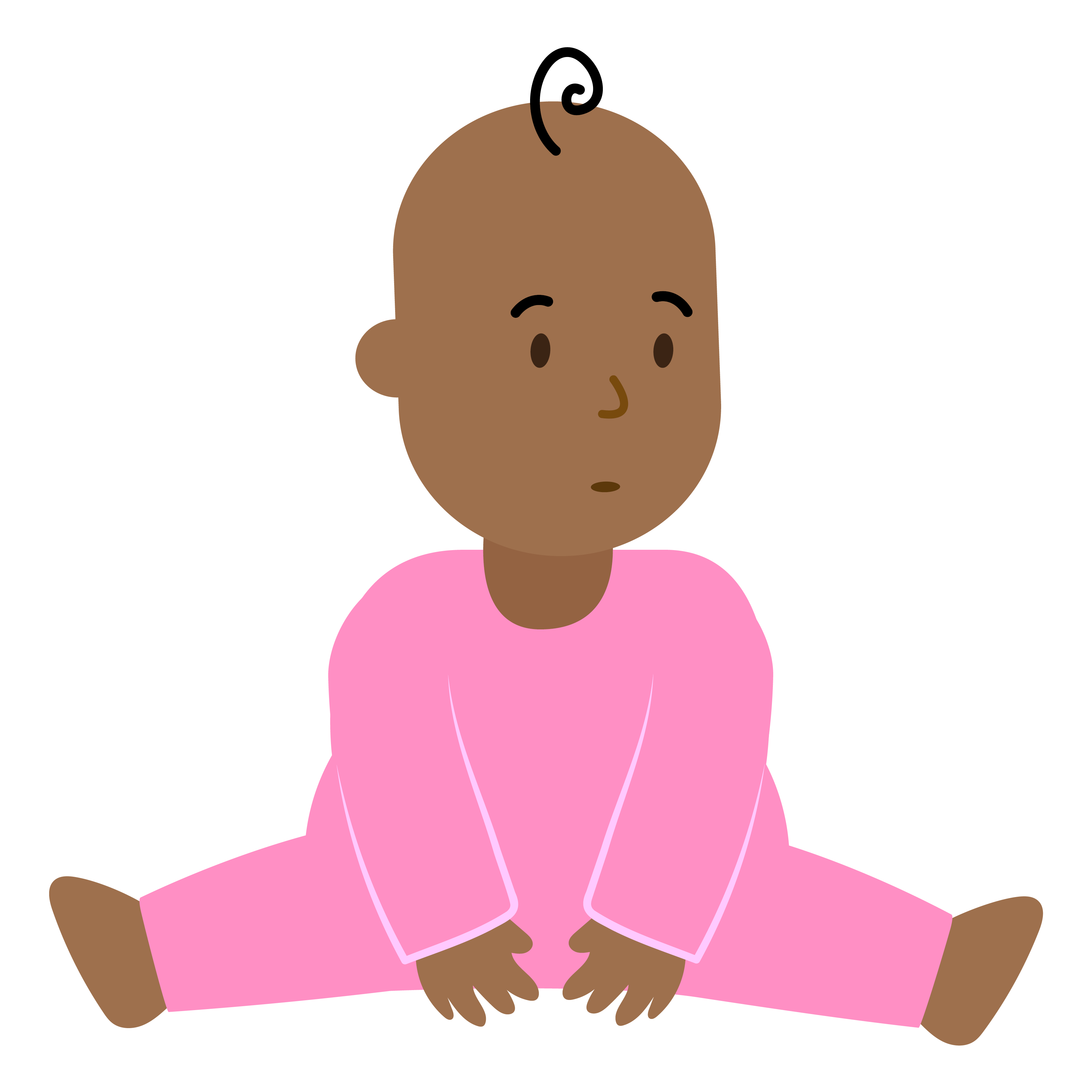
A strong bond between a baby and their mother, father or caregiver can have immediate and long-term consequences for positive mental wellbeing. A secure emotional bond is built on reliability and warmth - so as a parent it is important to play with, talk to, and cuddle your baby. Reading to your child regularly has been shown to have emotional benefits for both the child and their parent, and the benefits are greater, the more often you read together.
Advice and support are available to parents via the Buckinghamshire Family Information Service.
Your local library has a good range of books suitable for your to enjoy with your child from birth. Many libraries also offer Bounce & Rhyme sessions for parents with babies and young children which are a good opportunity to meet other families with young children, enjoy music together and pick up a book to share at the same time.
For more ideas and information about talking to and reading with your baby, which also helps them learn to talk, see Learning to talk 0 to 6 months - NHS (www.nhs.uk)

We should limit the amount of alcohol we drink. Drinking too much alcohol is bad for both our physical and mental health. Some people may drink in order to relieve the symptoms of mental ill-health such as anxiety or depression. However, evidence suggests that regularly drinking too much alcohol – including binge drinking – actually has the opposite effect, causing feelings of depression. Guidance from Chief Medical Officers is available at: UK Chief Medical Officers’ Low Risk Drinking Guidelines.
Support to cut down on alcohol is available to everyone who lives in Buckinghamshire via the Be Healthy Bucks free health and wellbeing service.
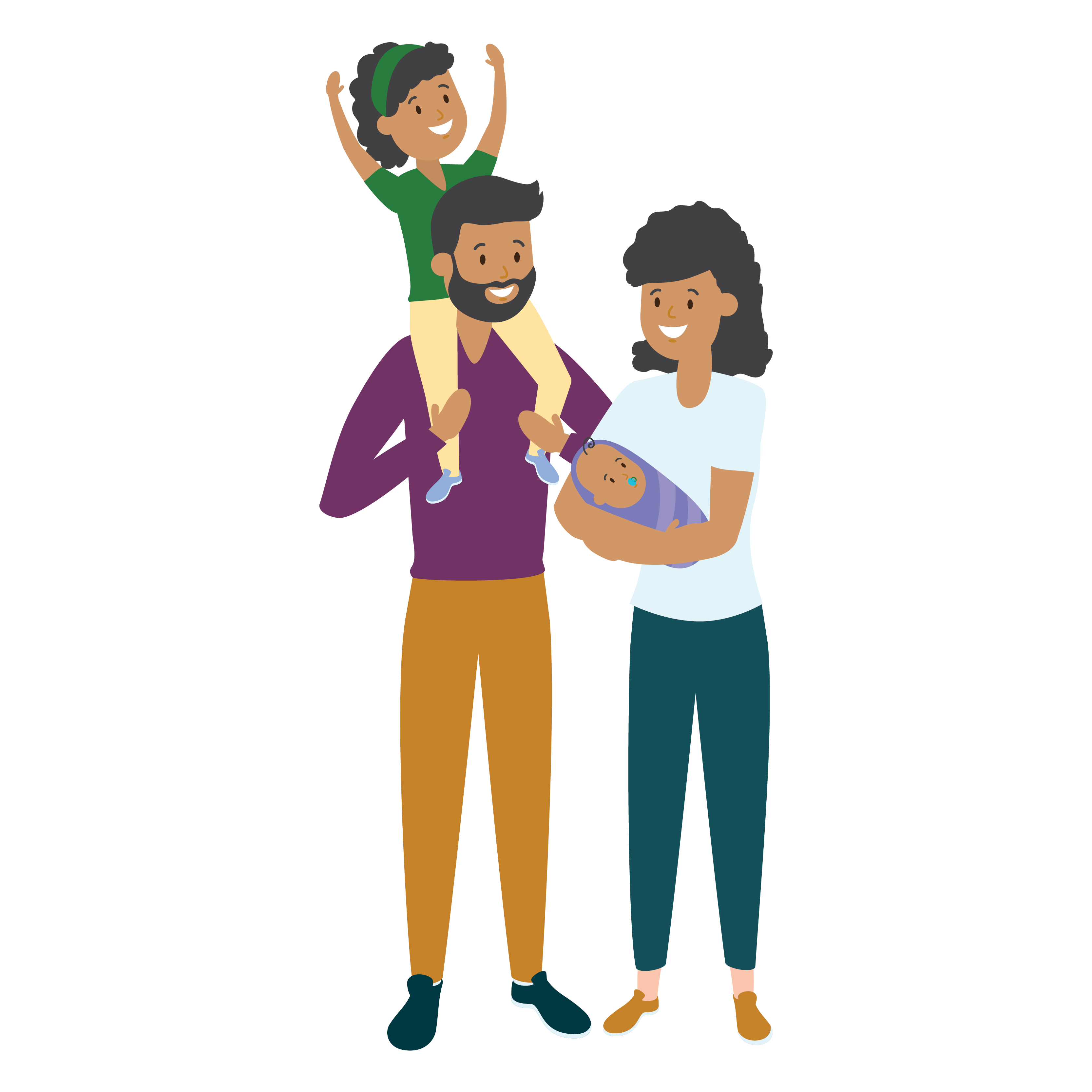
Our mental health can be supported by having a strong social network, known as “social connectedness”. This includes having a common bond and closeness with others, a shared sense of identity, feeling cared for and accepted.
Having support from family and friends is important to the mental health of both children and adults. Making time for each other, sharing our feelings and offering friendship and support can improve wellbeing and mental health.
Mental health conditions are common but many people don’t feel comfortable talking about their mental health. There is often a stigma associated with mental health conditions and people can fear being shunned by their family or society if they admit to struggling with their mental health. As a society we need to encourage open conversations about mental health, sharing the message that everyone can be affected and emphasising the importance of promoting our mental health and seeking support. There are local campaigns that aim to address this stigma that you can support. And we can reduce loneliness and increase our social network through participation in social activities such as joining group activities or volunteering. Activities that engage with arts and music have been proven to be particularly beneficial to mental health.
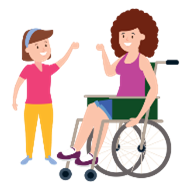
Acting as a carer to a family member or close friend can be positive and rewarding. However, worry for the person being cared for can have a negative effect on the carer’s mental health. The time needed to care can also mean giving up other activities. Many children and adults who deliver unpaid care do not see themselves as carers. Recognising caring responsibilities can help people understand the need to take care of their own physical and mental wellbeing and to seek support. Information on the support for young carers is available at I am a young carer and for adults at Support for carers.
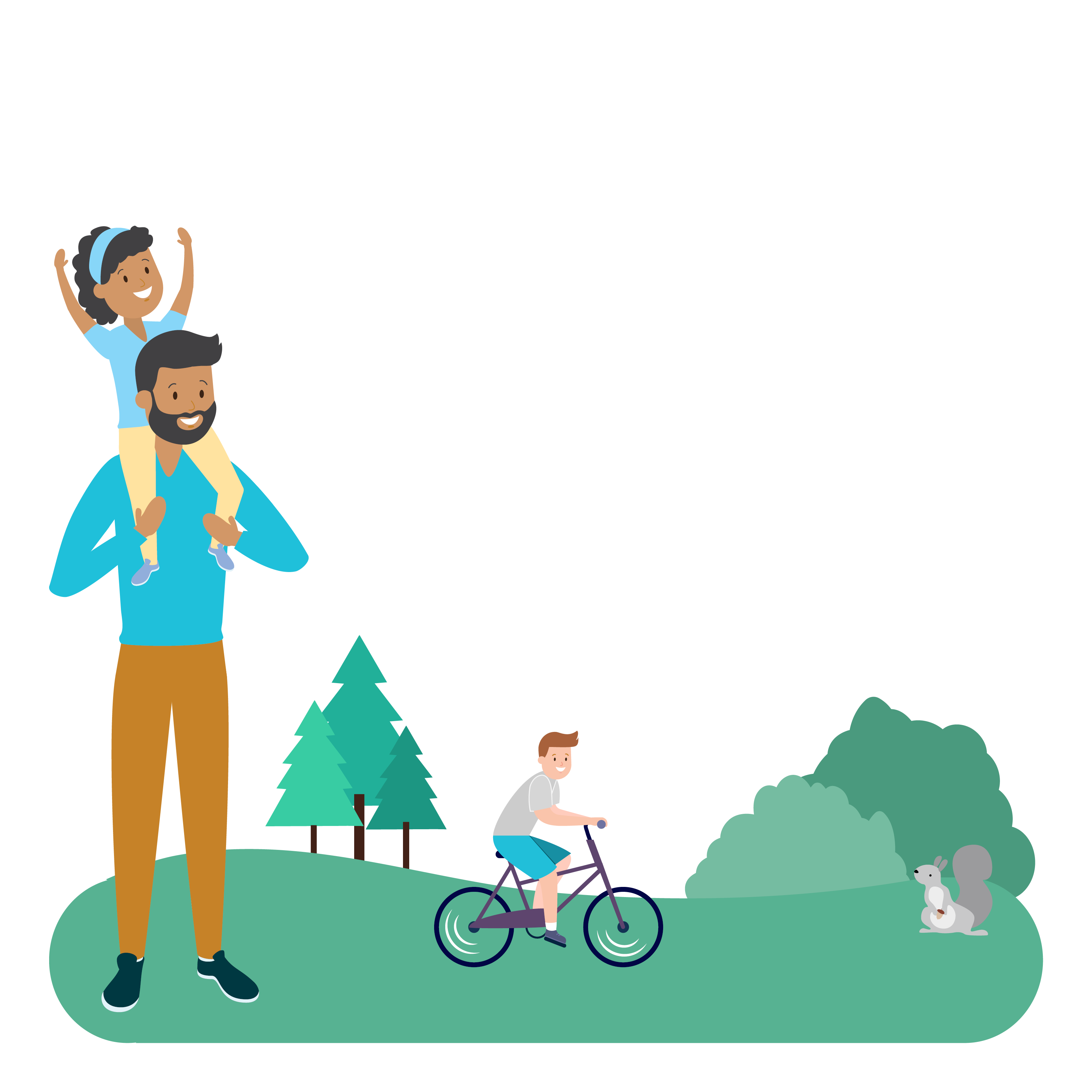
Being around nature can promote our mental health and reduce levels of depression, anxiety and fatigue. This includes contact with the natural environment through ‘green spaces’ such as parks and woodlands and ‘blue spaces’ in the form of rivers and lakes. Being around nature has been linked to both increased levels of physical activity and mental health benefits for children. A 2020 survey of English children aged 8 to 15 found that 85% agreed that being in nature made them “very happy”.
The Love Exploring app can be used to explore your local park or green space through games and trails and is great for families and friends to get outdoors together.
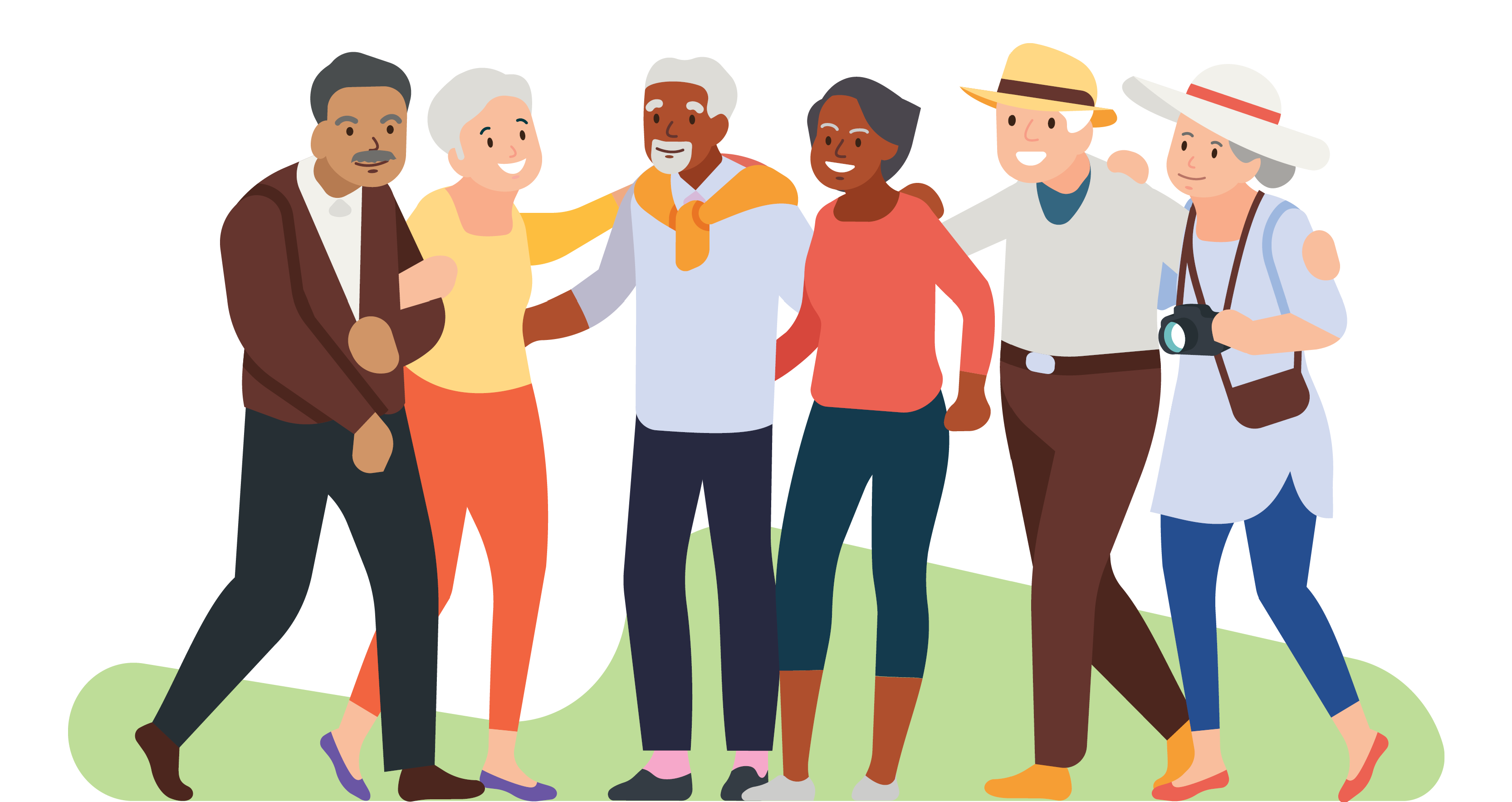
Acts of kindness and giving have been shown to improve our mental wellbeing. Adults who engage in regular volunteering activities experience higher levels of mental wellbeing. Volunteering can boost our mental health while also introducing us to new friends and a wider social network. Many people choose to use their retirement to volunteer in their community. Research also suggests that volunteering can reduce the risk of dementia. The Buckinghamshire Volunteer Matching Service can link people that want to volunteer to roles where they are most needed.
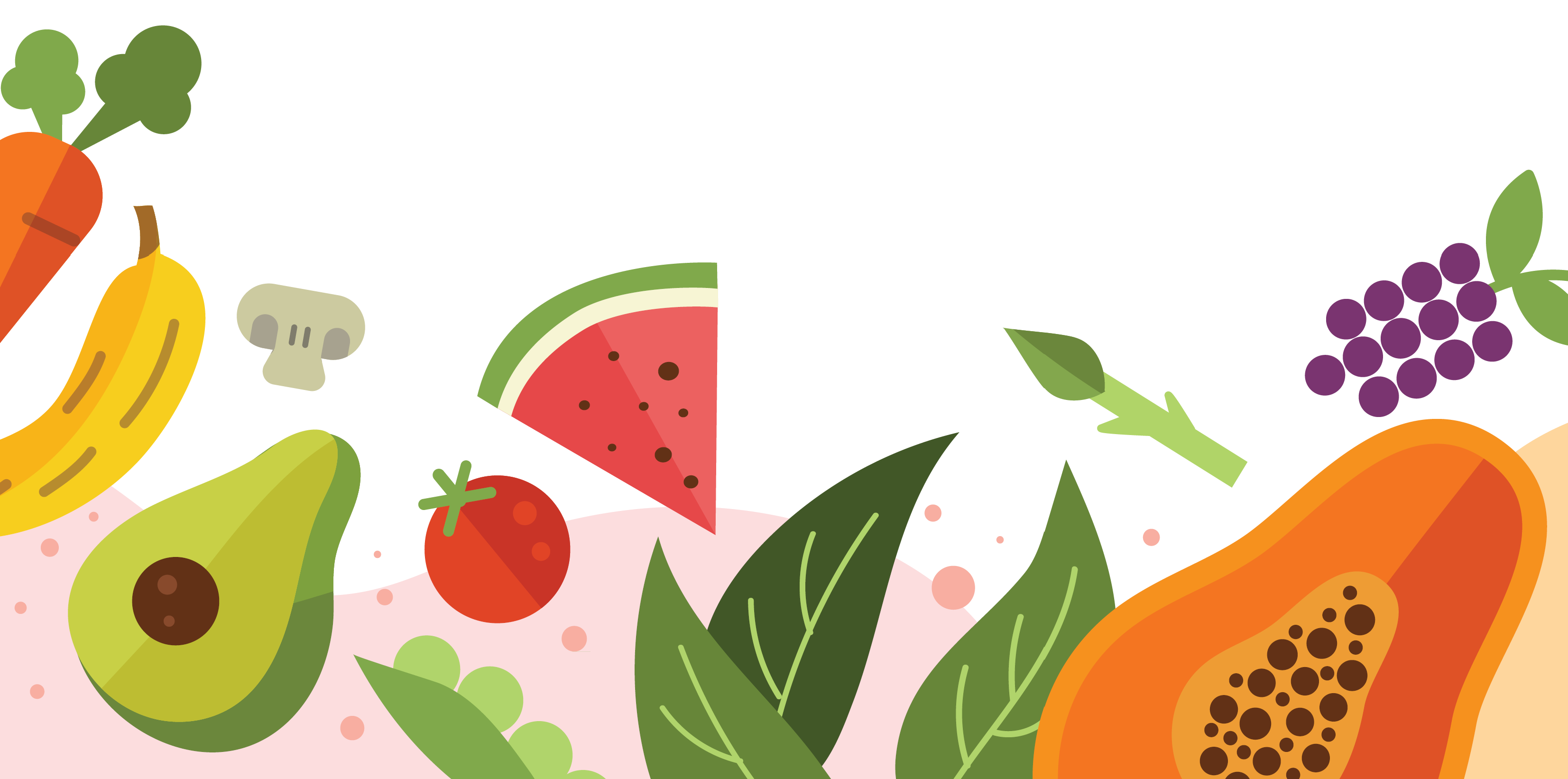
Having a good diet can help our mental health and wellbeing. This includes eating lots of fruits, vegetables, nuts and seeds, a moderate amount of poultry, eggs and dairy and occasional red meat. A healthy diet has been associated with a lower risk of depression. Unfortunately, the relationship between diet and mental health is not simple as some physical health conditions that are linked to a poor diet (such as diabetes and obesity) are associated with worse mental health. When our mood is low, we are experiencing stress, or are low on sleep, we might also turn to “comfort foods”. For more information, please visit Buckinghamshire Health and Wellbeing Pages: Healthy Eating Support
Support to be a healthier weight is available to everyone who lives in Buckinghamshire via the Be Healthy Bucks free health and wellbeing service.
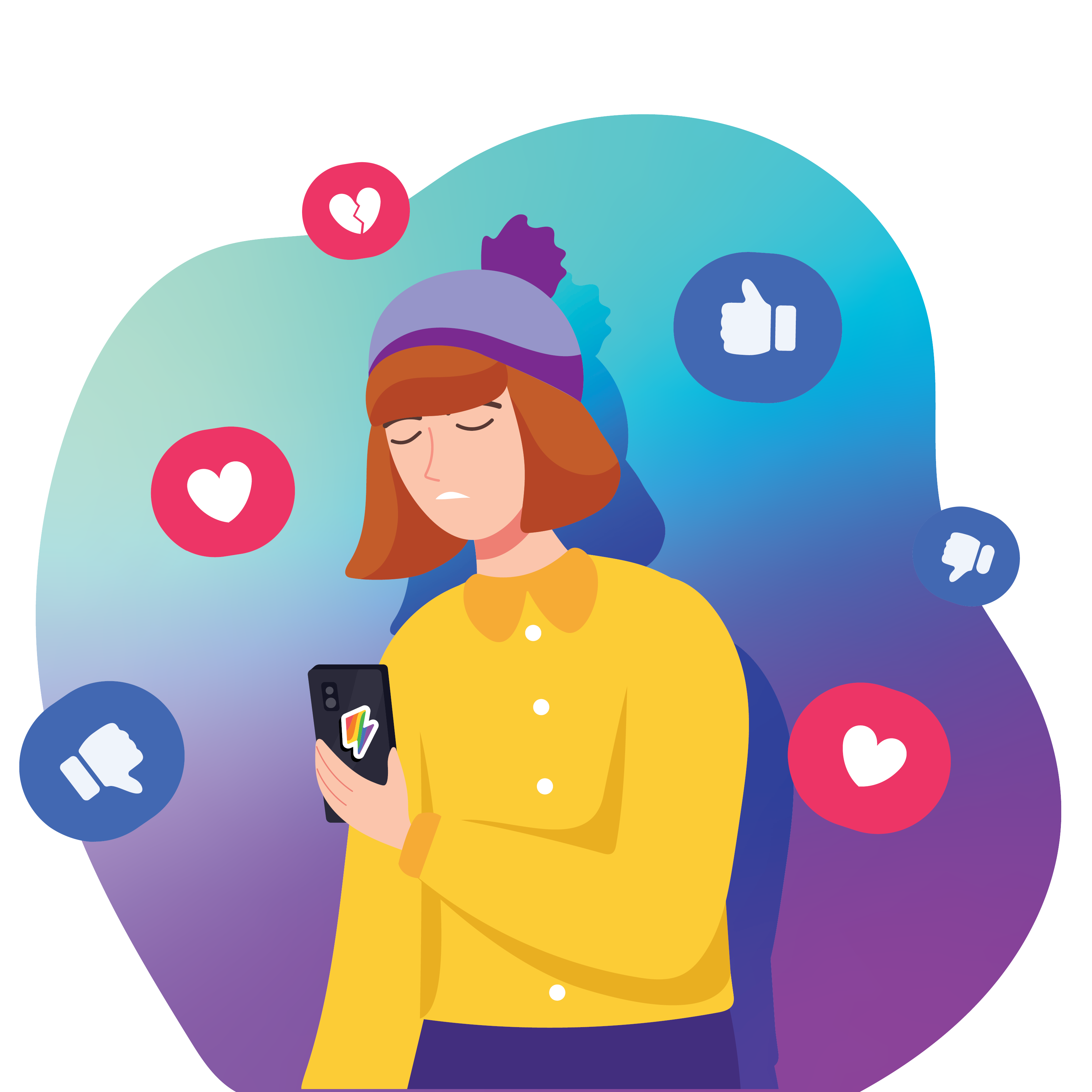
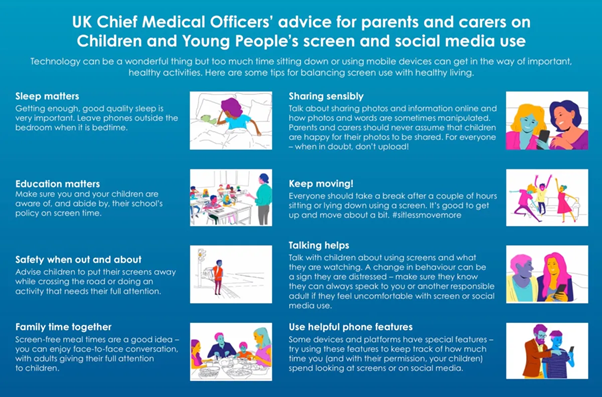
The internet and social media can be both positive and negative. For example, many children and young people regularly search online for advice and information, and often say they would like to be able to access digital support for their mental health alongside traditional face to face services. The rise of the internet has, however, led to cyberbullying and the potential for children to be exposed to inappropriate or harmful content. The amount of time that children spend using screens (including television) also has the potential to displace other activities that protect wellbeing, such as sleep and physical activity
Parents might find it useful to consider the advice from the UK Chief Medical Officers on children and young people’s screen and social media use. While aimed at children and young people, adults might find much of this advice helpful.

It is better for both our physical and mental health to never start smoking. Where people do smoke, there is strong evidence that quitting smoking results in reduced anxiety and depression, and better mood and quality of life. Whilst smokers may associate the act of smoking with reduced anxiety and irritability, these positive sensations occur when cravings for nicotine are relieved: the negative feelings are often created by smoking itself.
Support is available to people who do smoke and want to give up via the Be Healthy Bucks service https://bhb.maximusuk.co.uk/ or text ‘SMOKE’ to 60777
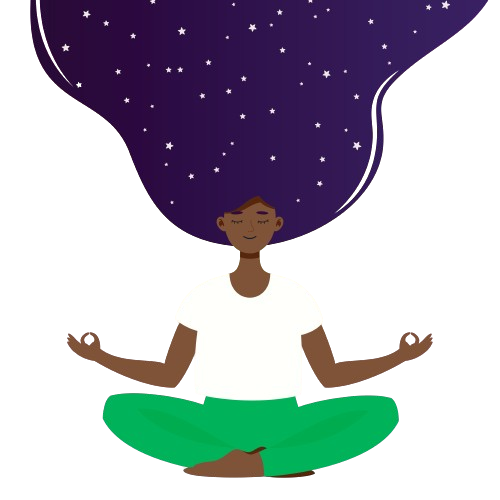
The practice of mindfulness involves paying attention to your thoughts, feelings and the world around you in the present moment. The practice does not appeal to everyone but some people find activities that incorporate mindfulness very helpful. Mindfulness exercises can be found on the internet – for example, Mindful Breathing Exercise . Many activities that incorporate mindfulness approaches are extremely popular with adults with positive results. For example, yoga combines physical activity with elements of mindfulness and can protect against depression.
To find local activities near you visit: https://directory.buckinghamshire.gov.uk/

Participation in art-based activities – particularly singing, music making and dance – can improve wellbeing and quality of life in adults and evidence suggests benefits for children and young people. The #BeCreativeBucks campaign provides inspiration by inviting people from across Buckinghamshire to share what creativity means to them and signposts to a number of different organisations and activities you can take part in locally.
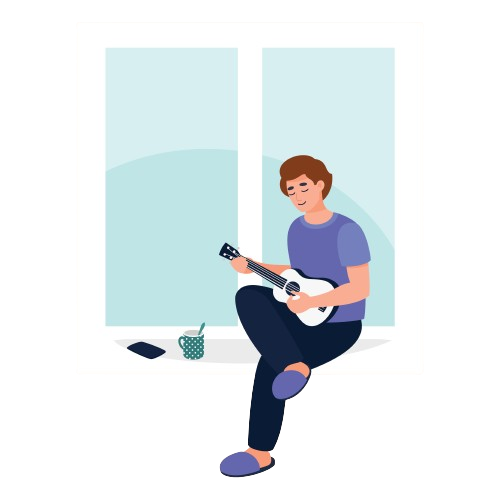
Learning a new skill can promote our mental health, giving us purpose and a sense of wellbeing as well as increasing our satisfaction with life. Learning as an adult has been shown to have a range of benefits linked to better mental health. It can give people a sense of purpose, provide a greater sense of wellbeing, and increase satisfaction with life. Many community groups offer local opportunities to learn a new skill and some of these are listed on the Buckinghamshire Adult Learning website.